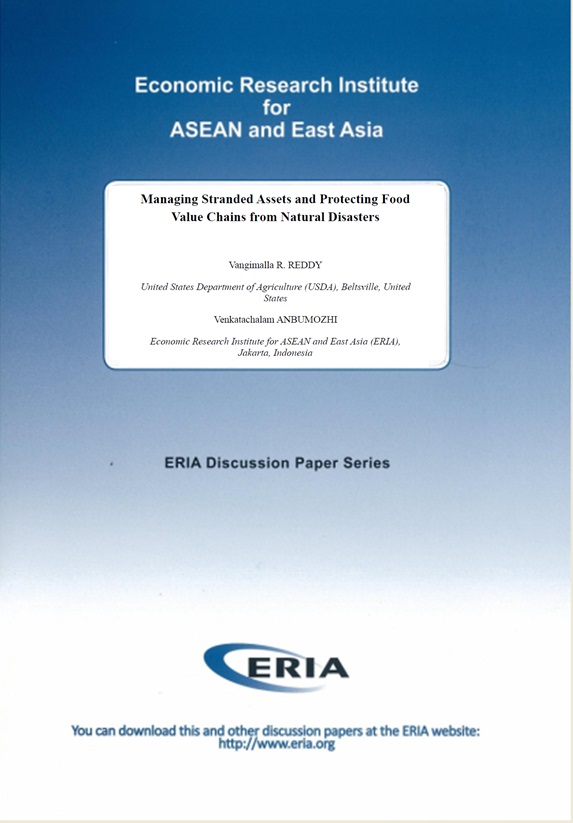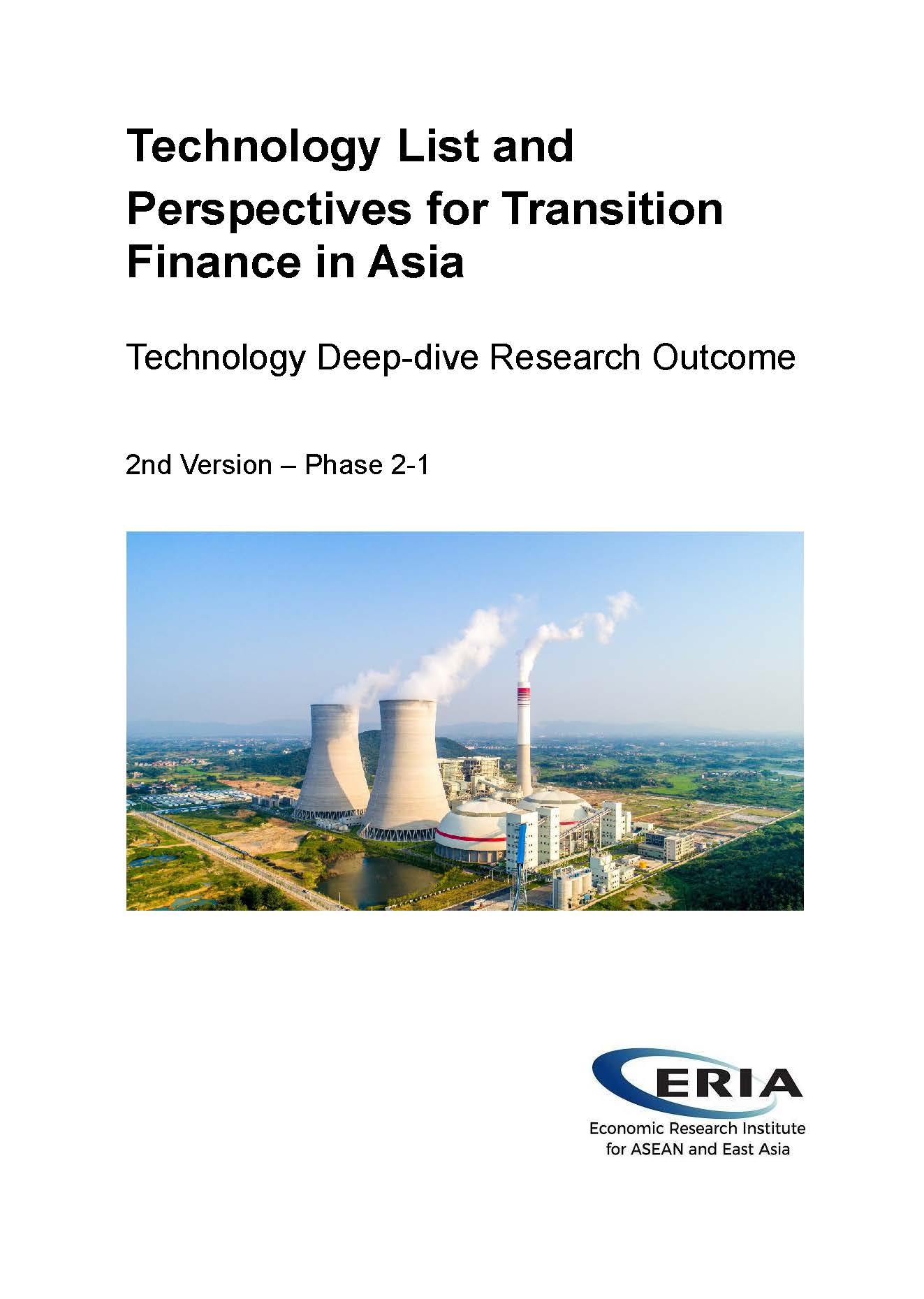Managing Stranded Assets and Protecting Food Value Chains from Natural Disasters

Date:
9 May 2017Category:
Disasters, Energy, Environment and Climate Change, Social ProtectionType:
Discussion PapersTags:
disasters, Energy, Food Security, Social Protection, Climate Change, EnvironmentPrint Article:
Stranded assets are those that have suffered unanticipated or premature write-downs, lost value, or turned into liabilities due to external shocks. Environmental risk factors, such as natural disasters, climate change, and water scarcity, which can cause asset stranding of agriculture are poorly understood in the context of food value chains (FVCs). The value at risk (VaR) globally is significant in agriculture due to overexposure to stranded assets throughout financial and economic systems. Our objective is to discuss the issue of stranded assets and the environmental risks involved with FVCs. This paper provides an overview of the disasters and climate change as contributors to agricultural asset stranding along FVCs. We present the impacts of disasters triggered by natural hazards on the economic losses of the agricultural value chain and the loss of value added growth with further discussion on the principles of effective disaster risk reduction in FVCs. Disasters, when combined with climate change, pose challenges by creating fluctuations in yields, supply shortfalls, and subsequent global trading patterns, and have substantial effects on FVCs. Finally, we present strategies for building resilient FVCs in partnership with communities.




